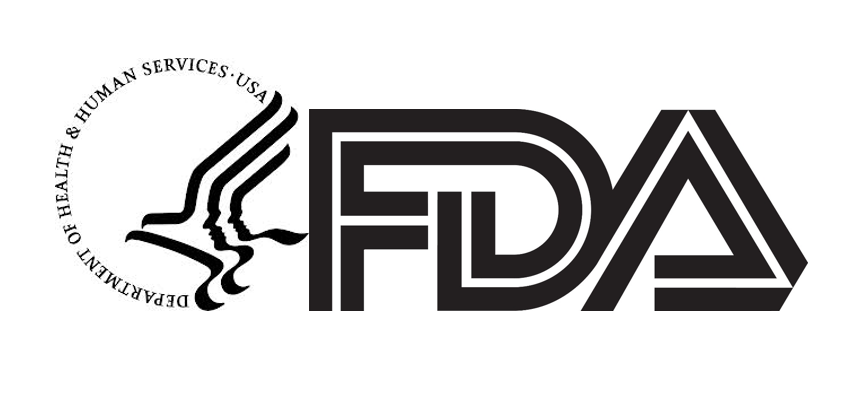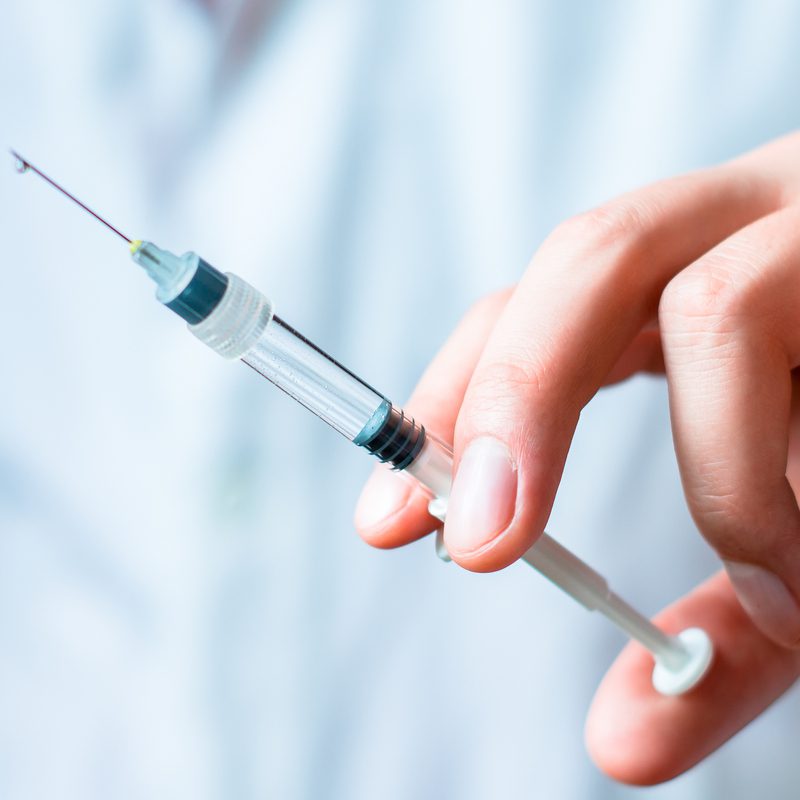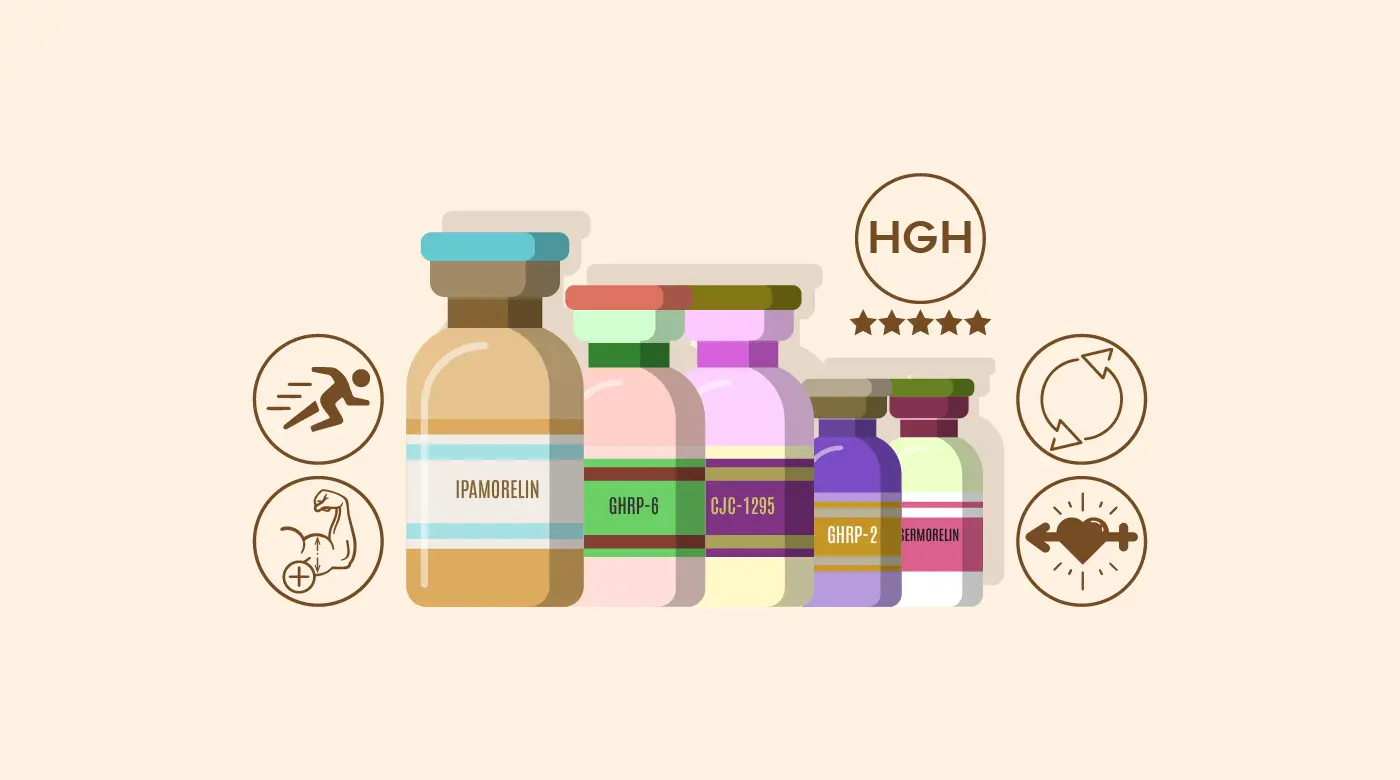Human growth hormone (HGH) and peptides represent two distinct groups of substances with their own unique roles in the human body. HGH is a naturally occurring hormone produced in the pituitary gland, essential for growth, cell repair, and metabolism. It has a comprehensive impact on human health, influencing body composition, bone density, and muscle growth. On the other hand, peptides are short chains of amino acids that can function as signaling molecules in the body, affecting a wide range of physiological processes.
The therapeutic use of synthetic HGH and lab-designed peptides has become increasingly popular for various medical treatments and lifestyle enhancements. These substances offer potential benefits for individuals seeking anti-aging effects, improved sports performance, and accelerated recovery from injuries. Due to their targeted effects, peptides can have advantages over HGH by offering more specific actions with potentially fewer side effects.
The comparison between HGH vs peptides encompasses various factors, including their physiological effects, the range of benefits, their legal status, cost considerations, and their specific use cases in different populations. It is essential to understand the intricacies of both to make informed decisions regarding their use.
Quick Summary
- HGH is a comprehensive hormone crucial for growth and metabolism, while peptides serve more targeted roles in the body.
- Both HGH vs peptide therapies provide potential age-defying and performance-enhancing benefits, but with specific considerations for use.
- A thorough comparison of HGH vs peptides includes evaluation of their benefits, legal status, cost, and appropriateness for different individuals.
Profile of HGH vs Peptides

Human Growth Hormone (HGH) and peptides are critical components in the body’s endocrine system, playing significant roles in growth, metabolism, and tissue repair.
Biological Overview
Human Growth Hormone (HGH), also known as somatotropin, is a protein hormone composed of 191 amino acids. It is synthesized, stored, and secreted by the anterior pituitary gland. Peptides, in contrast, are short chains of amino acids, and among them, specific peptides, such as Growth Hormone-Releasing Hormone (GHRH) and Growth Hormone-Releasing Peptides (GHRP), stimulate the secretion of HGH.
- GHRH: A peptide hormone stimulating natural HGH production.
- GHRP: Peptide molecules that mimic the action of GHRH.
Roles in the Body
HGH vs peptides play several roles in the body. Growth hormone directly impacts growth and physical development and assists in regulating the body’s metabolism. It acts on many tissues throughout the body and is crucial during adolescence for height and muscle growth. Peptides like GHRH and GHRP regulate GH levels by signaling the pituitary to release GH.
- Insulin-Like Growth Factor 1 (IGF-1): Produced in response to HGH, impacting growth and development.
- Receptors: Specific proteins, which GHRH and GHRP bind to, triggering HGH release.
Natural Production and Synthetic Forms
Natural secretion of HGH occurs in a pulsatile manner, often in response to exercise, sleep, and nutrient intake, with levels peaking during puberty and declining with age. Synthetic forms of HGH are used to treat growth disorders and adult growth hormone deficiency.
- Natural HGH Production: Influenced by factors like age, stress, nutrition, and sleep.
- Synthetic HGH: Used in medical treatments; requires a prescription and medical supervision to manage HGH levels.
- Synthetic Peptides: Mimic natural peptides’ action, influencing IGF-1 levels and other functions.
References
- Mayo Clinic Staff. “Human Growth Hormone (HGH): Does It Slow Aging?” Mayo Clinic, Mayo Foundation for Medical Education and Research (MFMER), https://www.mayoclinic.org/healthy-lifestyle/healthy-aging/in-depth/growth-hormone/art-20045735
Benefits of HGH vs Peptides Therapy

Human Growth Hormone (HGH) and peptides have garnered attention for their potential in therapy that targets muscle mass increment and body composition improvements. They are suggested to aid in not just promoting muscle growth and fat loss but may also contribute to other health aspects such as bone density and skin quality.
Enhancing Muscle Mass and Strength
HGH is involved in the stimulation of collagen synthesis in the skeletal muscle and tendons, potentially increasing muscle strength and improving physical performance. Studies have shown that HGH can enhance the growth of lean muscle, particularly when coupled with resistance training. Peptides, particularly growth hormone-releasing peptides (GHRPs), can stimulate the body’s own production of HGH, which may lead to muscle gain and improved muscle recovery.
- Muscle Mass: Increases with peptide therapy promoting growth hormone release.
- Strength: Improved through potential collagen synthesis and increased muscle fibers.
- Recovery: HGH may improve post-exercise recovery and reduce the risk of injury.
Fat Loss and Body Composition
Both HGH vs peptides are believed to influence fat metabolism, possibly leading to reduced body fat and improved weight loss outcomes. HGH itself may help in breaking down fat cells and using them for energy, known as lipolysis, which can lead to changes in body composition and supporting fat loss measures. Peptides can complement these effects by boosting growth hormone levels, which in turn may further optimize metabolism and support the reduction of body fat.
- Body Composition: Altered by potentially increasing lean muscle and reducing fat.
- Fat Loss: Accelerated through enhanced metabolic processes and lipolysis.
- Metabolism: May be improved, aiding in overall weight loss and energy levels.
HGH vs peptides therapies are positioned as promising strategies for people seeking muscle enhancement and body fat reduction, among other health benefits. However, one must approach such therapies under medical supervision due to potential side effects and individual health considerations.
References
Comparing HGH vs Peptides

Human Growth Hormone (HGH) and peptides are both substances associated with hormone therapy, with various applications in medicine and athletic performance. Understanding their differences is crucial for safe and effective usage.
Mechanisms of Action
Human Growth Hormone (HGH), or somatropin, is a protein that stimulates growth, cell reproduction, and regeneration in the body. It mirrors the natural growth hormone produced by the pituitary gland. Peptides, such as CJC-1295, sermorelin, GHRP, mk-677, and tesamorelin, induce the secretion of growth hormone by mimicking ghrelin or stimulating growth hormone-releasing hormone (GHRH) from the brain.
Efficacy and Potency
HGH therapy is potent for increasing muscle mass and bone density, but its efficacy can be accompanied by more pronounced side effects. Peptide therapy, employing compounds like ibutamorelin and tesamorelin, is considered less potent than direct HGH administration but can still effectively stimulate the body’s hormone production with potentially fewer side effects.
Dosage and Administration
Dosages for HGH vs Peptides vary significantly. HGH is usually injected daily at doses ranging from 1 to 3 mg, adjusted based on the individual’s needs and health status. Peptides may require more frequent administration, with dosing schedules dependent on the type of peptide used. For example, sermorelin may be administered once daily, while other peptides could necessitate injections multiple times a day.
Side Effects and Safety
HGH has a higher potential for side effects, which can include carpal tunnel syndrome, increased risk of diabetes, and, although rare, increased risk of cancer. Peptide therapy tends to have a more favorable safety profile, with modest side effects such as increased appetite and local reactions at the injection site. However, long-term safety data is more established for HGH than for many of the newer peptides.
Legal and Cost Considerations

In exploring the use of Human Growth Hormone (HGH) and peptides, it is crucial to understand the legal frameworks regulating their use and the financial implications involved.
FDA Regulations
The FDA oversees the distribution and prescription of HGH vs peptides, ensuring that they are safe and effective for public use. Recombinant HGH, a form of synthetic hormone therapy, is tightly regulated by the FDA. It is approved for specific medical conditions, such as growth hormone deficiency, but its off-label use is illegal. In contrast, peptides are classified as research chemicals and are not as rigorously controlled. However, this classification does not imply approval for personal use, and FDA regulations can limit their availability for peptide therapy at a clinical level.
Availability and Cost
The availability and cost of HGH therapy and peptide therapy can vary widely. Due to stringent FDA regulations, medications containing HGH are typically only available through prescription, driving up costs. Here are some specifics:
- HGH Therapy: Can cost between $600 to $3,000 per month, depending on dosage and treatment plan.
- Peptide Therapy: Typically less expensive, ranging from $100 to $300 per month for most peptides, although prices can fluctuate based on market availability.
Due to their status as research chemicals, peptides can sometimes be procured from online sources outside the conventional pharmaceutical supply chain, affecting both cost and quality.
Usage in Specific Populations

Human Growth Hormone (HGH) and peptides are utilized in different population groups, each with specific considerations based on their physiological requirements and health objectives.
Athletes and Bodybuilding
For athletes and bodybuilders, HGH is often used with the aim of enhancing muscle growth and accelerating recovery. It operates by stimulating the liver to release insulin-like growth factor-1 (IGF-1), which plays a significant role in muscle growth and regeneration. Peptides, particularly growth hormone secretagogues, can stimulate the pituitary gland to release growth hormone, making them appealing as non-invasive alternatives to HGH injections.
- Energy and Recovery: Both HGH vs peptides can contribute to improved energy levels during workouts and are associated with reduced recovery time.
- Protein Synthesis: They can enhance protein synthesis, which is crucial for muscle building and repair.
- Regulation within Sports: The use of HGH vs peptides is strictly regulated within professional sports due to their performance-enhancing effects.
Medical Conditions and Deficiency
In patients with medical conditions such as HGH deficiency, growth hormone deficiency in adults, or muscle wasting conditions like HIV-associated wasting, HGH vs peptides play a therapeutic role.
- Growth Hormone Deficiency: HGH is prescribed to both children and adults with diagnosed pituitary gland disorders leading to a deficiency in growth hormone.
- Muscle Wasting: Peptides can help counteract muscle wasting, aiding in the maintenance of muscle mass and strength.
- Health Conditions: Both HGH vs peptides may assist in the restoration of optimal hormone levels, improving patients’ overall health and quality of life.
Aging and Wellness
In the context of aging and wellness, HGH vs peptides can have applications in dealing with age-related declines in energy, muscle mass, and skin elasticity.
- Aging: Can help mitigate some effects of aging such as reduced energy and muscle mass, however, their effectiveness and safety continue to be evaluated.
- Collagen Production: Peptides can stimulate collagen production, which may benefit skin health and joint pain associated with aging.
- Immune System Support: Some peptides have been suggested to bolster the immune system, which can be an asset for the aging population.
As these substances interact with various systems, including the immune system and the liver, ongoing research underscores the importance of understanding their full impact on specific populations.
Frequently Asked Questions

Growth hormone (GH) therapies, including Human Growth Hormone (HGH) and peptides, are often compared for their benefits, combined effects, costs, side effects, and mechanisms of action. Here are some common questions and answers to understand these therapies better.
What are the benefits of peptide therapy compared to direct HGH injections?
Peptide therapy is typically less invasive and may have fewer side effects than direct HGH injections. Peptides can also specifically target the release of GH in the body, potentially offering a more regulated and natural pattern of GH release.
Can combining HGH vs Peptides lead to enhanced results?
Some studies suggest that combining HGH with peptides can potentiate the effects of GH in the body, potentially leading to enhanced muscle growth and fat loss. However, this combination should be monitored by a healthcare professional to avoid adverse effects.
What are the typical costs associated with HGH peptide treatments?
The costs for HGH peptide treatments can vary widely, with HGH often being more expensive due to the complexity of its synthesis. Peptides, being smaller and easier to produce, typically cost less, though prices can fluctuate based on treatment protocols.
What are the potential side effects of using growth hormone peptides?
Side effects of growth hormone peptides can include joint pain, swelling, increased insulin resistance, and a possible increase in cancer risk if used improperly. It’s essential for users to follow dosing instructions and seek medical advice before starting treatment.
How do HGH peptides and GHRP differ in their mechanisms of action?
HGH peptides work by stimulating the body’s own production of growth hormone, while Growth Hormone-Releasing Peptides (GHRP) mimic ghrelin, the hunger hormone, to increase GH and IGF-1 levels. Both peptides operate through different pathways to raise GH levels.
Is there a preferred growth hormone peptide for optimizing health outcomes?
The choice of growth hormone peptide for optimizing health outcomes depends on the individual’s specific health needs and goals. Clinicians consider factors such as the patient’s GH levels, age, and overall health status when recommending peptide therapies.
Dr. Grant Fourie, a specialist in male hormones, is based in Cape Town, South Africa. He provides comprehensive treatments for conditions related to low testosterone, such as erectile dysfunction, fatigue, and mood changes. His methods include hormone replacement therapy and other modern treatment options.
Contact me via email or phone to book personal appointment in my clinic: The Village Square, Cape Town - South Africa



